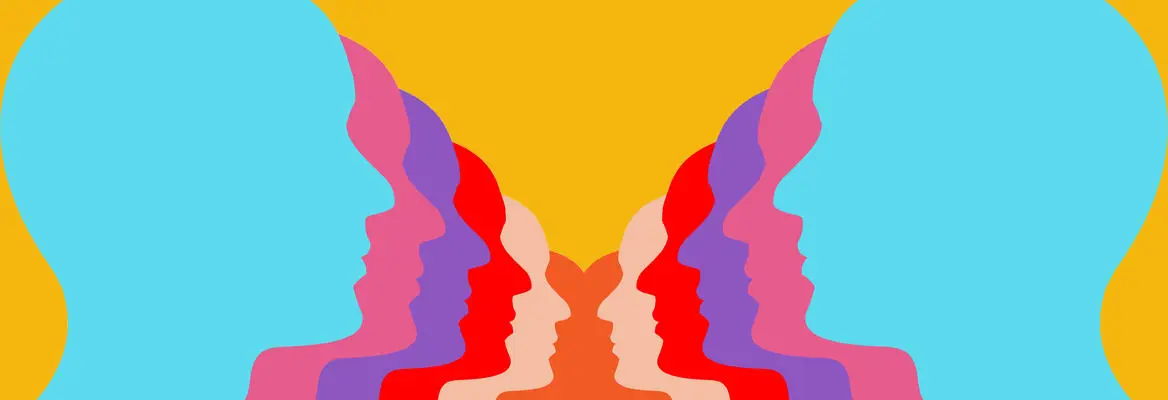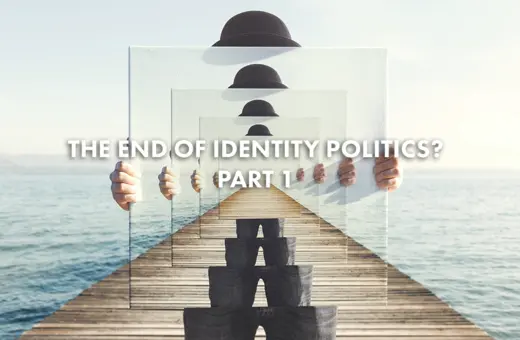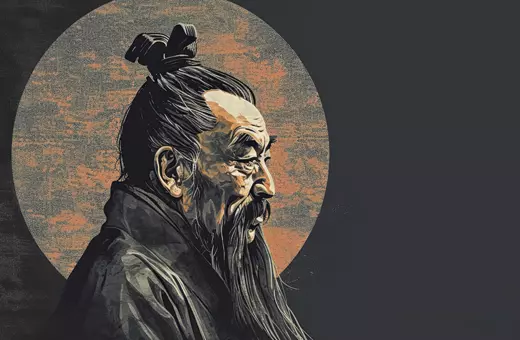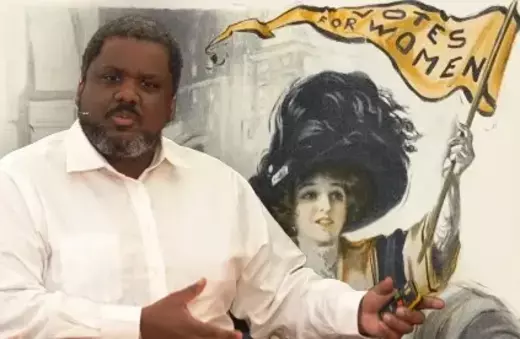The use of ‘they’ as a third person singular pronoun has recently become a heated debate, often with the identity – or even existence – of queer people at stake. Some arguments in favour point to the history of language or upholding the ideal of politeness but this gentle approach destroys the revolutionary potential of queering language. There are real, revolutionary grounds for the use of ‘they/them’ pronouns and these are where we should focus our energy, writes Jasmine Picôt Chapman.
“The battle over gender-neutral and now non-binary pronouns has always been a battle over which world we want: the one that already exists, or the one that might.”
- Amia Srinivasan
It is counterintuitive to ask straight society for permission to be free from the gender binary. Despite this, recent arguments for using ‘they’ as a third person singular pronoun seek validity from the grammatical rules, historical development and social etiquette of a society where being straight is the norm, to the detriment of imagining queerer futures.
In a review of Dennis Baron’s What’s Your Pronoun?, Amia Srinivasan puts forward a digestible argument for this forum. Baron’s book describes itself as a chronicle of the “role pronouns have played - and continue to play - in establishing both our rights and our identities”.
Srinivasan writes, “people use non-standard pronouns, or use pronouns in non-standard ways, for various reasons… So too we can choose to respect people’s pronouns for many reasons.” Yet when we do non-standard things in the hope they will be accepted as standard, we ignore the problem with standardization - whilst giving inclusion, it takes away revolutionary potential.
It is counterintuitive to ask straight society for permission to be free from the gender binary.
As David Graever puts it, “the tyranny of the quantifiable is partly the failure of language and discourse to describe more complex, subtle, and fluid phenomena, as well as the failure of those who shape opinions and make decisions to understand and value these slipperier things.”
The London Review of Books readership might well be pronoun-sceptic parents, police, professors, policymakers. These groups often wield power over queer people - who doubtless will benefit from Srinivasan’s charming intellectual rigor in her entreaty for the use of ‘they’, as well as the weight of Baron’s research.
It is useful that these pronoun-sceptics hear that the first recorded use of ‘they’ as a third person singular pronoun was in 1375 and that the acceptance of particular uses of language as ‘correct’ has always followed their spontaneous, incorrect usage.
In her review Srinivasan is clear that much of the language we take for granted - and use to understand the world - is made up of labels an oppressor used to name the oppressed. Language has always formed an essential part of oppressive social and state infrastructures.
But, by arguing for alternative pronoun use by pointing at the historical development of language, we make queerness digestible to mainstream, straight society including the state and corporations. This culls its revolutionary possibilities. Queerness cannot follow straight rules if it is to realise its potential as radical and transformative.
Queerness cannot follow straight rules if it is to realise its potential as radical and transformative.
Becoming illegible





















Join the conversation